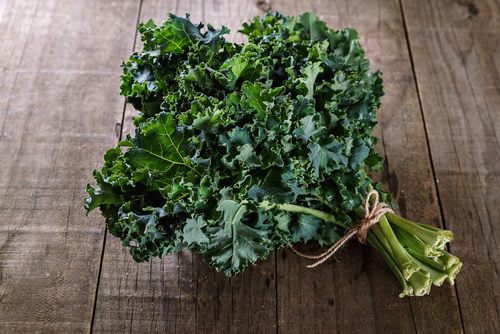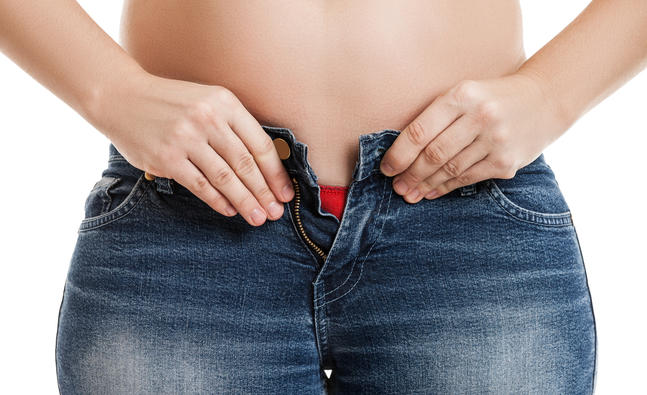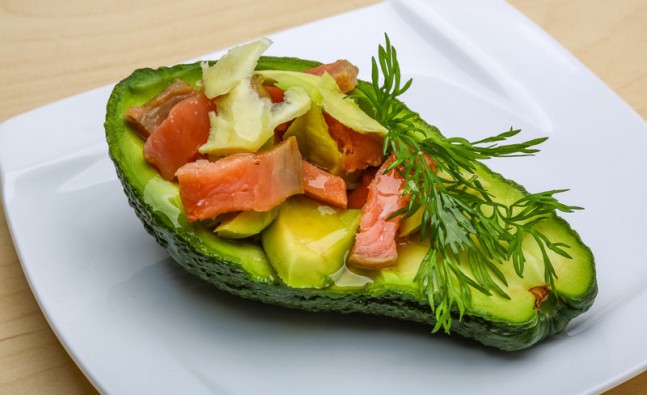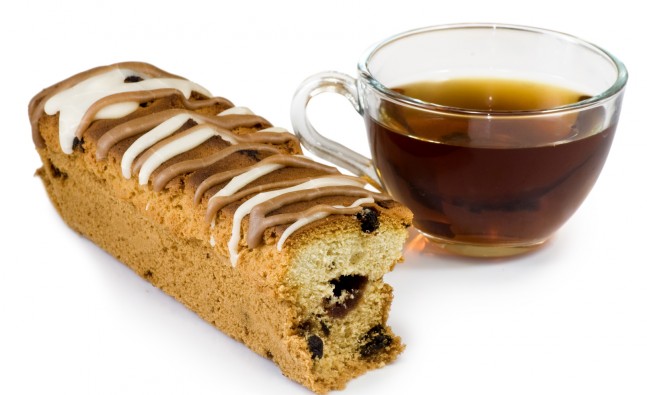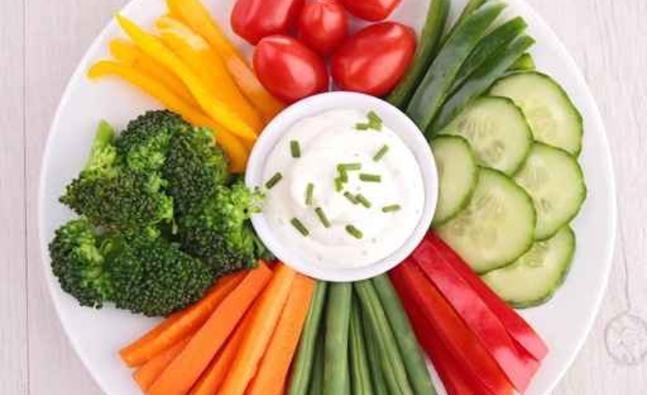Counting calories
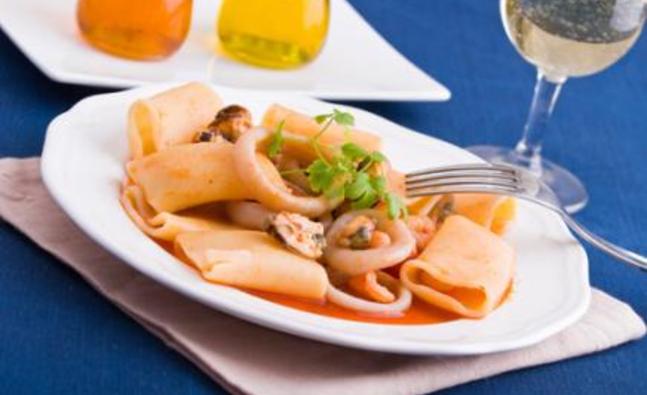
Your weight is a balancing act, and calories play a big role.
Despite all the diet strategies out there, weight management still comes down to the calories you take in versus those you burn off. Fad diets may promise you that avoiding carbohydrates, but it's really all about calories.
Calories are the energy in food. Your body has a constant demand for energy and uses the calories from food to keep functioning. Energy from calories fuels your every action, from fidgeting to marathon running.
Carbohydrates, fats and proteins are the types of nutrients that contain calories and are the main energy sources for your body. The amount of energy in each varies. Proteins and carbohydrates have about 4 calories per gram, and fats have about 9 calories per gram. Alcohol is also a source of calories, providing about 7 calories per gram.
Regardless of where they come from, the calories you eat are either converted to physical energy or stored within your body as fat. These stored calories will remain in your body as fat unless you use them up, either by reducing calorie intake so that your body must draw on reserves for energy, or by increasing physical activity so that you burn more calories.
Try these tips to control portion sizes and cut calories:
-
Serve smaller portions. At the beginning of a meal, take slightly less than what you think you'll eat. You can have seconds later if you're truly still hungry.
-
See what you eat. Eating directly from a container gives you no sense of how much you're eating. Seeing food on a plate or in a bowl keeps you aware of how much you're eating. Consider measuring your food with a measuring cup or scale to see how much you are actually eating.
-
Check food labels. Be sure to check the Nutrition Facts panel and other nutrient information for the serving size and number of calories a serving. You may find that the small bag of chips you eat with lunch every day, for example, is two servings not one, which means you're eating double the calories listed on the label.
-
Don't feel obligated to clean your plate. Stop eating as soon as you feel full. Those extra bites of food that you're trying not to waste add unneeded calories.
Eliminating high-calorie foods, choosing lower calorie alternatives and cutting your portion sizes can help you reduce calories and improve weight control. For a successful - and sustainable - weight management plan, you also need to increase your physical activity. It's this combination of regular activity and healthy eating that will help you achieve and maintain a healthy weight.
-
15 Weight-Loss Victories That ARENT the Number on the Scale
If youve been working your butt off at the gym and following your diet
-
Tight, Toned Tummy Tips: No gym? No worries …
-
Blast your belly fat with these expert tips!
-
Guilt free French toast
-
Do I Actually Weigh More When Im Bloated?
The question: Gas and water retention can make you feel like youve gai
-
Food labels help prevent weight gain
- DON'T MISS
- Make your own Ayurvedic detox tea
- 7 Women Explain What It Feels Like to Hit Your Weight-Loss Goal
- Basic rules of healthy weight loss?
- 6 Ways to Lose Weight That Dont Involve Counting Calories
- Why is weight loss important?
- Shake off calories with sensual belly dancing
- Water aerobics is good for weight loss
- What Happens to Your Body When You Skip a Meal
- Stay on track with this food calorie calculator
- Weight Loss Success Story: How One Woman Shed Over 100 Pounds and Changed Her Life
